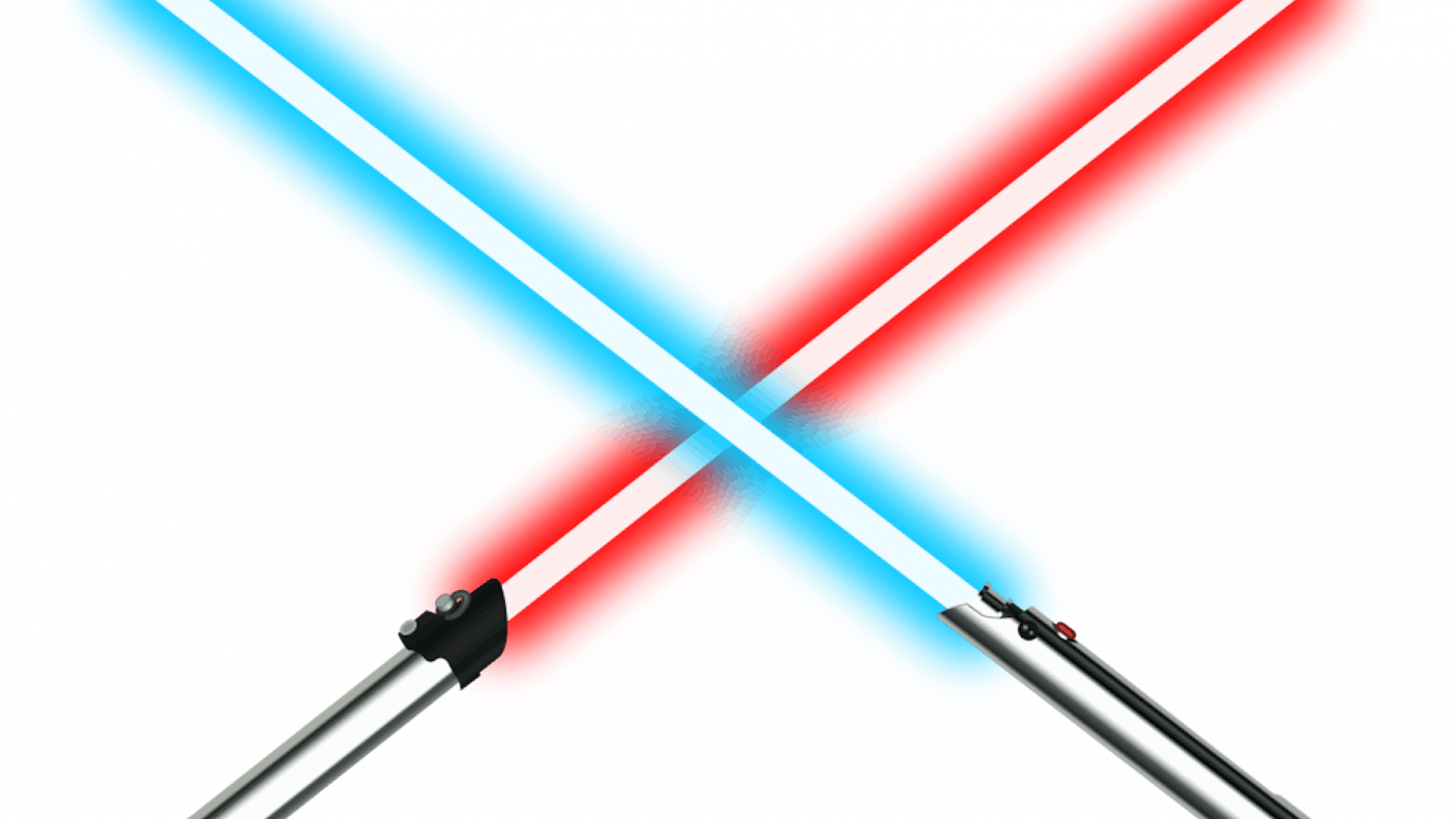When Israeli Defense Minister Yitzhak Rabin proposed in January his policy of crushing the Palestinian uprising, or intifada, through "force, power and blows," Palestinians, human rights activists and the world community expressed outrage at the expected brutality and violence.
Today, with the intifada approaching its 21st month, a new form of oppression has entered Israeli military thinking. And although formulated without the fanfare and publicity of the earlier doctrine, it may be more successful in lessening Palestinian resistance to the Israeli occupation.
The weapons employed by the occupation authorities have become numerous and diverse, but they are all unified by the one theme of strangling the Palestinian inhabitants of the West Bank and Gaza economically.
The military-orchestrated measures, often carried out through the so-called "civil administration of Judea, Samaria and Gaza" include massive tax raids with military escorts, economic manipulation aimed at destroying the Jordanian dinar (the predominant currency of the West Bank), mandatory identity cards necessary for entering Israel, and the uprooting and destruction of Palestinian crops and agriculture.
In the early days of the intifada, the Israeli military naively attempted to crush the uprising by brutal repression, extinguishing it through Entebbe-like military operations.
Yet these measures served only one purpose—unifying the entire spectrum of Palestinian society. The daily incidents of beatings, house demolitions, shootings, arrests and other forms of collective punishment offered Palestinians a tangible object to vent their resistance.
But in the most recent days of the intifada, such resistance has lost its focus. When the economic situation of the people is devastating, there is little time or energy to devote to popular resistance.
By no means does this imply that the number of dead, injured and arrested is declining. More than 600 Palestinians have been slain during the course of the intifada, three to five times that many have been injured, and more than 20,000 have been arrested. In addition, demonstrations continue on a daily basis throughout the cities, villages and refugee camps of the occupied territories.
But in the economic field, frustration and despair are increasing. Some of the older residents of the territories, especially in the West Bank where the economic situation was markedly better before the intifada, lament the difficult times.
Others express anger and bitterness at the often senseless financial burdens Israeli authorities place on them. One resident of the West Bank city of Ramallah was fined 1,500 Israeli shekels, or about $750, for speeding. Another Jerusalem resident was told that if he re-enterd his home in the Old City of East Jerusalem he would be fined 20,000 Israeli shekels, or about $10,000.
In Jericho in early July, the Israeli tax officials escorted by the military levied a new tax of 20,000 Israeli shekels, or about $10,000 on a large number of farmers and merchants in the area.
The Israeli "civil administration" has aggressively attempted to collect every penny "owed" to them, and if all taxes and fines are not collected, they will refused Palestinians auto licenses, travel permits, building permission, and other fundamental services.
But in terms of the economic struggle, the most controversial measure continuing today is the Israeli requirement that all Palestinians from Gaza entering Israel must carry Israeli-issued computerized identity cards. Thousands have been issued and the local Palestinian uprising authorities are attempting to repossess all those issued. The measure is the focus of the most intense power struggle raging between the occupation authorities and the local leadership.
It also, however, brings to light the difficulty in confronting such measures. Because Gaza residents are critically dependent on their wages earned inside Israel, and because of the fact that the intifada leadership is not able to provide funding for the lost wages, a large number of Gaza laborers refuse to give up their sole source of income.
The local leadership, however, views the identity cards as a sign of complete Israeli authority over the Palestinian inhabitants—something that must be avoided at all costs.
That forms the conflict—the necessity to provide income for Gazan families and the efforts to confront the extension of Israeli authority and replace it with grass-roots Palestinian leadership.
The very outcome of this struggle may point to the direction the intifada will take. In the new war of economic strangulation, the battle lines are much less clear than with the more tangible military oppression. And in the new war of nerves, the will and dedication of the people will be tested, with the outcome drastically affecting the future of Palestinian aspirations.





